Filter by
The language used throughout the course, in both instruction and assessments.
Choose the Next Generation Sequencing Course That Aligns Best With Your Educational Goals
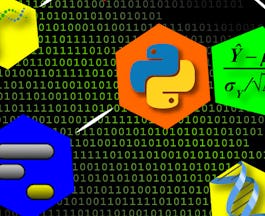
Johns Hopkins University
Skills you'll gain: Bioinformatics, Computer Programming, Data Analysis, Python Programming, Computational Thinking, General Statistics, Exploratory Data Analysis, R Programming, Algorithms, Computer Programming Tools, Data Analysis Software, Biostatistics, Statistical Analysis, Programming Principles, Probability & Statistics, Statistical Tests, Data Structures, Operating Systems, Research and Design, Big Data, Computational Logic, Problem Solving, Statistical Programming, Experiment, Statistical Visualization, Correlation And Dependence
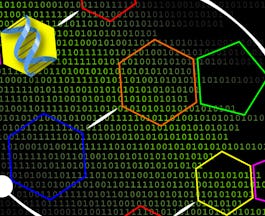
Johns Hopkins University
Skills you'll gain: Bioinformatics, Data Analysis, Biostatistics, Computational Thinking, General Statistics, Research and Design, Big Data, Experiment, Statistical Analysis, Statistical Visualization
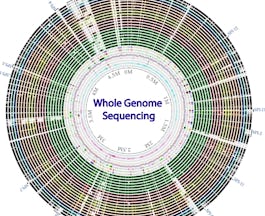 Status: Free
Status: FreeTechnical University of Denmark (DTU)
Skills you'll gain: Bioinformatics
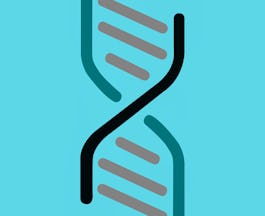
University of Illinois at Urbana-Champaign

The State University of New York
Skills you'll gain: Big Data, Bioinformatics, Data Analysis, Data Analysis Software, Statistical Programming, Algorithms, Computer Programming
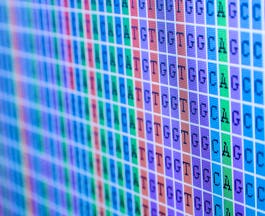
University of Toronto
Skills you'll gain: Bioinformatics, Probability & Statistics
 Status: Free
Status: FreeUniversity of Toronto
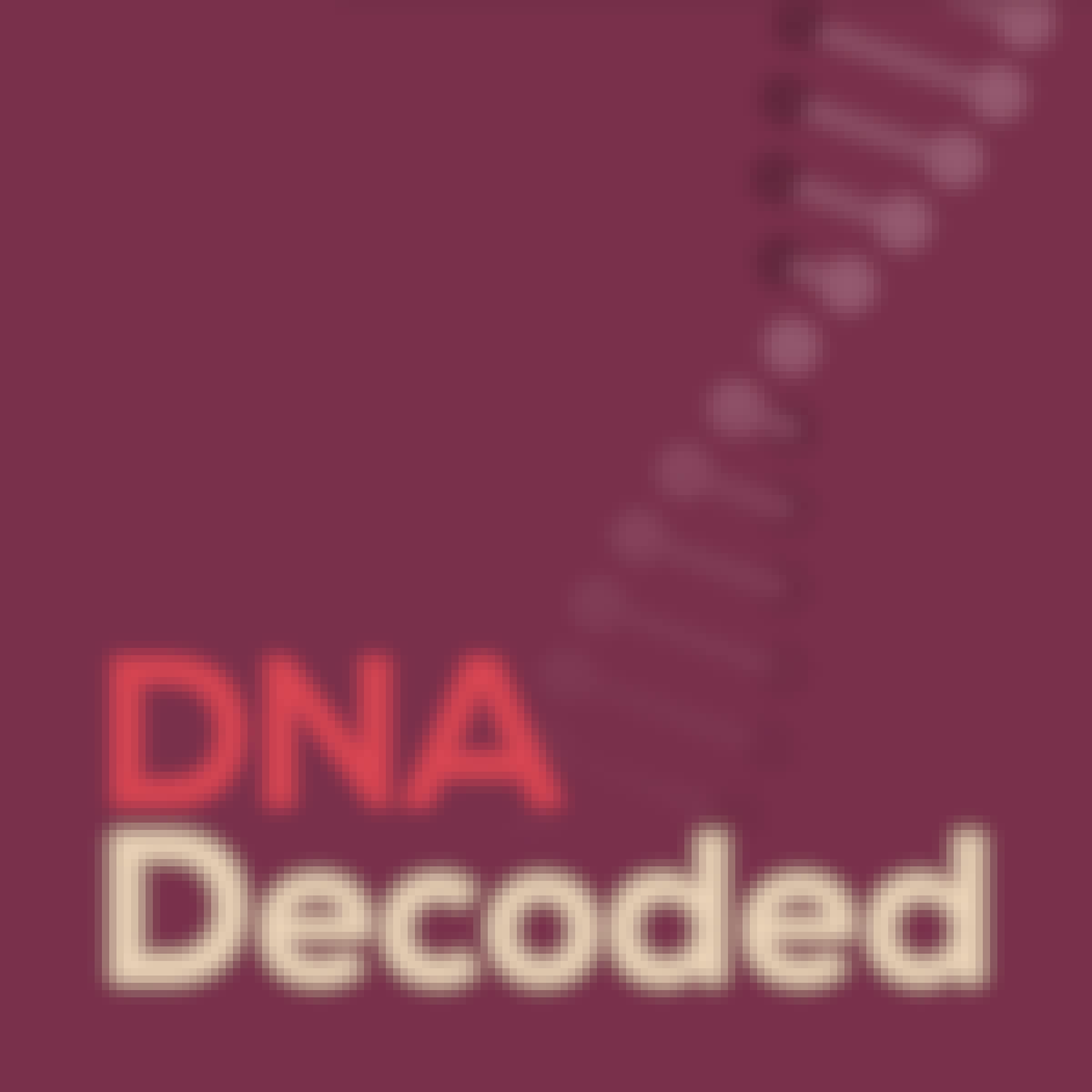
McMaster University
 Status: Free
Status: FreePeking University
Skills you'll gain: Bioinformatics
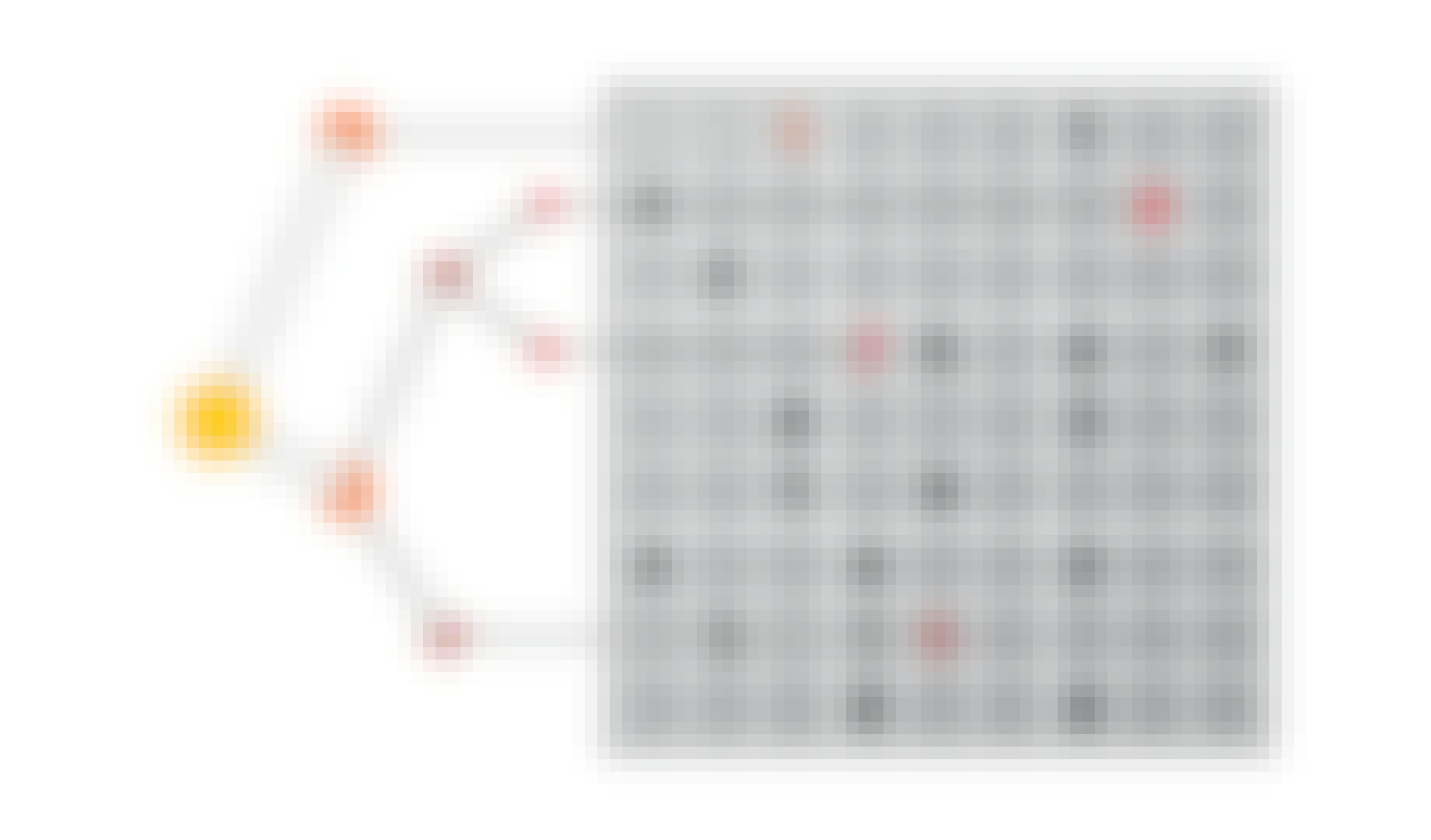 Status: Free
Status: FreeThe University of Melbourne
Skills you'll gain: Algorithms, Computer Programming, Python Programming
 Status: Free
Status: FreeUniversity of Copenhagen

Coursera Project Network
In summary, here are 10 of our most popular next generation sequencing courses
- Genomic Data Science: Johns Hopkins University
- Introduction to Genomic Technologies: Johns Hopkins University
- Whole genome sequencing of bacterial genomes - tools and applications: Technical University of Denmark (DTU)
- Genomics: Decoding the Universal Language of Life: University of Illinois at Urbana-Champaign
- Big Data, Genes, and Medicine: The State University of New York
- Bioinformatic Methods I: University of Toronto
- Data Visualization for Genome Biology: University of Toronto
- DNA Decoded: McMaster University
- Bioinformatics: Introduction and Methods 生物信息学: 导论与方法: Peking University
- Discrete Optimization: The University of Melbourne










